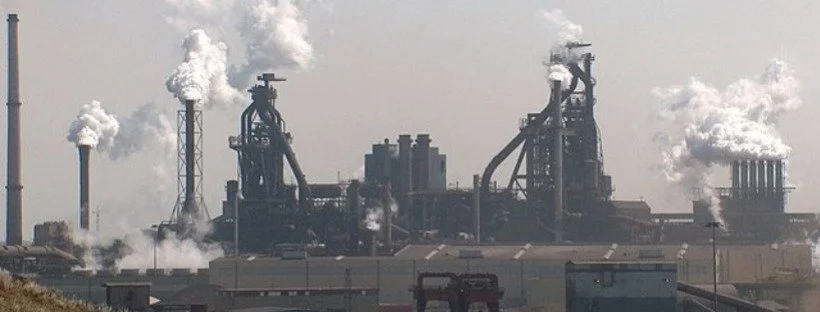Standard: The Origin of Monopolies and Antitrust Laws
By: Bobin Park
The name Rockefeller rings a familiar note in most of us. Perhaps you’ve been to the Rockefeller Center in New York, where its Christmas tree decorations shine through the late city winters. Or if you happen to be interested in billionaires and business owners, you’d know that John Rockefeller was America’s first billionaire.
Rockefeller was the founder of the Standard Oil business, one of the most powerful corporations in American history and, ironically, one that acted as a groundbreaker for bipartisan action to stop future corporate monopolies of like. Standard Oil had amassed a size and influence no one had imagined before in the 1900s.
Standard had done everything to drive small businesses and potential competitors off the market. They had brokered deals with railroads, necessary components in transporting oil, so that they charged other oil refiners at a higher cost. The independent businesses couldn’t afford the deficit so they were bought out by Rockefeller. Standard also undercut those it didn’t buy out and soon held an iron grasp on the industry. Rockefeller even bought all aspects that took part in oil refining. He bought oil producers, distributors, lumber companies, and pipe lines to control the entire supply chain. The incident dubbed The Cleveland Massacre was when Standard bought 22 out of 26 oil producers in Ohio. In 1880, it controlled 90% of the US oil market, as the world’s first industrial monopoly.
Standard was a part of “The Trusts”, a label referring to massive corporations that controlled the country in the 20th century. The tycoon kept a national network on rival oil companies by gathering data on their prices and distribution routes. In doing so, Standard could stay on top of the market while flooding out its competitors.
But the manipulative conduct was put to an end by Theodore Roosevelt, who was determined to stop monopolies and keep big businesses from moving the political landscape. The latter didn’t work, but we still see the former being wielded as laws and lawsuits against magnate companies today.
The government made 2 offenses against Standard, one on the illegal rebates and the other a Sherman antitrust act suit. Both claimed Standard was an illegal monopoly. Standard was charged with violations of the Elkins Act 1,903 times. The judge fined all rebated rail cars, in a total of $29,240,000. While the fine would be appealed and changed, the ruling was a monumentary one in terms of levying charges against big companies. Later, the government sued Standard again on monopoly charges and antitrust legislation. The charge was on the basis of anti-competitive means and unreasabonable restraints of trade in the market. Standard lost, even on the appeals to the Supreme Court.
By 1911, Standard was broken up into 34 companies. The split Standard companies later transitioned into names we are familiar with today. Standard of New Jersey was named Esso, and later Exxon. Standard of New York became Mobil, Standard of California was Chevron and Standard of Indiana was Amaco. But still, Standard stocks rose incredulously, to the point where Rockefeller, who owned 25% of the shares, was literally the richest man in America.
In efforts to restrain big monopolies like Standard in the future, Roosevelt passed the Hepburn Rate Act, that restrained companies with preemptive legislation.
However, the US oil market was said to be once owned by Rockefeller. It still might be.
